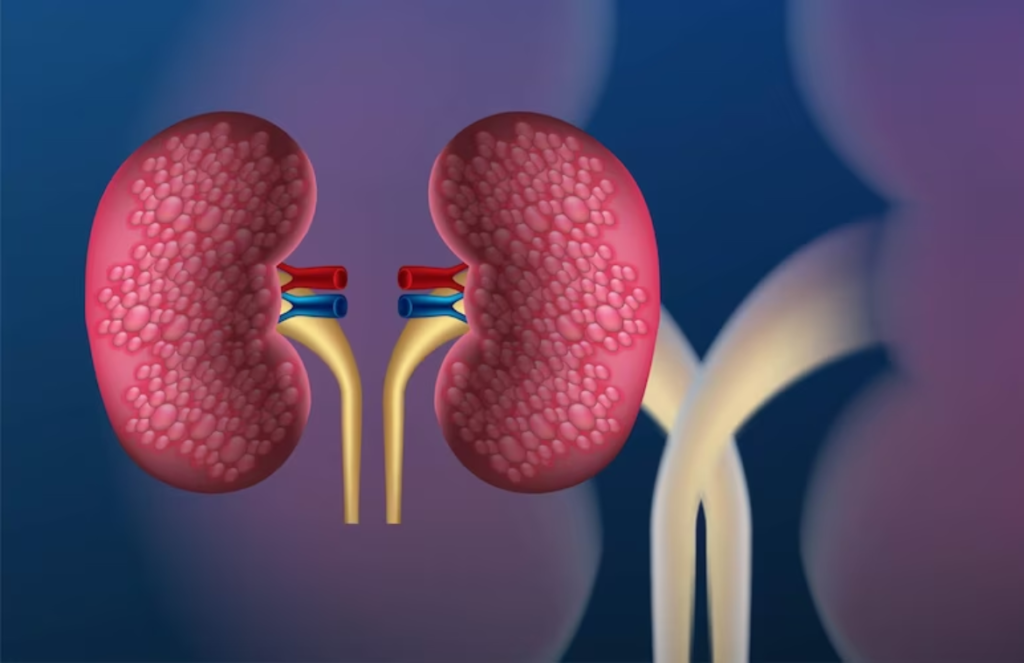The primary types of genetic defects that are causing male infertility happen to be cystic fibrosis gene mutation, chromosomal abnormalities in number like Klinefelter syndrome, Y chromosome micro-deletions of genes, Noonan syndrome, as well as chromosomal translocations.
Genetic causes of male infertility
Diagnosing infertility in men on account of genetic abnormalities is a complex undertaking, and the reason is the wide range of genes involved in the production and also transport of healthy sperm. Infertility researchers are also indeed constantly identifying additional genetic anomalies that contribute to male infertility.
When examinations and the results of a respective man’s semen analysis do indicate deficiencies in his sperm count, presence, or quality, genetic screening can be performed to determine a specific genetic cause for male infertility. These diagnostic results do help people to choose the best way to address the issue via treatment, like IVF with ICSI, thus making use of the man’s sperm or even using donor sperm to achieve pregnancy. The results may also indicate that the male or couple can benefit from genetic counseling.
Genetic disorders do cause male infertility and can indeed also cause a child to inherit serious medical and developmental complications. To check for male genetic defects in an embryo created via IVF, pre-implantation genetic testing will be done. This testing examines embryos for, say, a range of genetic problems that can cause implantation failure, miscarriage, or birth defects.
- Genetic defects do cause infertility in men primarily by compromising the production of mature sperm, known as spermatogenesis, and its transportation to the egg for fertilization.
- The study does reveal that genetic disorders do cause male infertility cases.
- Genetic testing can be recommended if the man has a meager sperm count, no sperm in the semen, or physical defects such as small testicles, and if he and his partner have experienced multiple miscarriages.
- The primary types of genetic disorders causing male infertility are cystic fibrosis gene mutation, chromosomal abnormalities in number such as Klinefelter syndrome, Y chromosome microdeletions of genes, Noonan syndrome, and chromosomal translocations.
- A semen analysis and even a physical exam first determine that the sperm is the source of male infertility, then, depending on the fertility specialist’s evaluation, genetic testing will be rather done to pinpoint a genetic abnormality.
- Male infertility genetic disorders cannot be cured, but in vitro fertilization (IVF) with intra-cytoplasmic sperm injection (ICSI) of the man’s sperm can indeed help him father a child, and sperm donation can of course help a couple have a baby.
Genetic disorders that lead to male infertility
A fertility specialist can recommend genetic testing to see if the male has a genetic disorder affecting his fertility. Also, if a couple has suffered multiple miscarriages, a physician can perform genetic testing to identify any abnormalities that could be preventing the pregnancy. Physical barriers like the absence of the vas deferens or small testicles can also indicate a genetic issue.
Common congenital (that are present at birth) causes of male infertility include:
- Cryptorchidism: Also referred to as un-descended testicles.
- Cystic fibrosis: A genetic disorder that can rather manifest with a missing vas deferens
- Epispadias: An anatomic variation in which, of course, the urethra does not fully form
- Hypospadias: An anatomic variation in which the opening of the urethra is not at the end of the penis.
- Kallmann syndrome: A genetic disorder that can no doubt cause cryptorchidism and micropenis
Conclusion
Genetic testing for chromosomes as well as AZF deletions needs to be examined in cases of severe oligozoospermia and also azoospermia. Genetic counseling for genetic defects needs to be offered before and after genetic testing.















